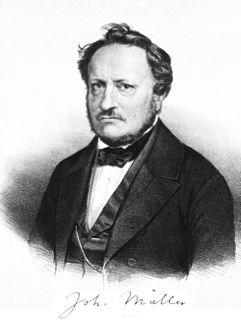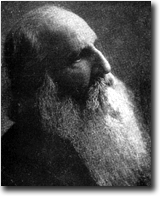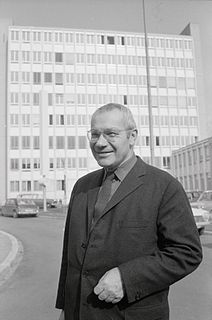A Quote by Wilhelm Wundt
Physiology is concerned with all those phenomena of life that present them selves to us in sense perception as bodily processes, and accordingly form part of that total environment which we name the external world.
Related Quotes
Perception without the word, which is without thought, is one of the strangest phenomena. Then the perception is much more acute, not only with the brain, but also with all the senses. Such perception is not the fragmentary perception of the intellect nor the affair of the emotions. It can be called a total perception, and it is part of meditation.
Just as in the body, eye and ear develop as organs of perception, as senses for bodily processes, so does a man develop in himself soul and spiritual organs of perception through which the soul and spiritual worlds are opened to him. For those who do not have such higher senses, these worlds are dark and silent, just as the bodily world is dark and silent for a being without eyes and ears.
Our surroundings are not contained by name and form. You are neither the body nor the mind, these are limits you identify with through a lack of clear-sightedness. When you are attentive to a tree or flower, the perception, shape, name and concept are not the only things present. There is also the All-presence that you share with them and that you are both part of. The very name and form spring forth from this eternal background, the All-presence. This is instantaneous awareness that cannot be reached by thought.
There's one uneasy borderline between what is external and what is internal, and this borderline is defined exactly by the sense organs and the skin and the introduction of external things within my own body. Consciousness is altered by physical events and physical objects, which impinge upon my sense organs, or which I introduce into my body. Now the name traditionally given to external objects or processes which change you internally is sacrament. Sacraments are the visible and tangible techniques for bringing you close to your own divinity.
The widespread inability to understand technological artifacts as fabricated entities, as social and cultural phenomena, derives from the fact that in retrospect only those technologies that prove functional for a culture and can be integrated into everyday life are 'left over.' However, the perception of what is functional, successful and useful is itself the product of social and cultural--and last but not least--political and economic processes. Selection processes and abandoned products and product forms are usually not discussed.
It is not the organs-that is, the character and form of the animal's bodily parts-that have given rise to its habits and particular structures. It is the habits and manner of life and the conditions in which its ancestors lived that have in the course of time fashioned its bodily form, its organs and qualities.
It is alone that part of the external universe which we call material which acts on man through his senses - that part of which we ordinarily feel our knowledge to be the surest; but in reality, strangely enough, as will soon appear, this is one of the aspects of the external world, of which we can know nothing.


































